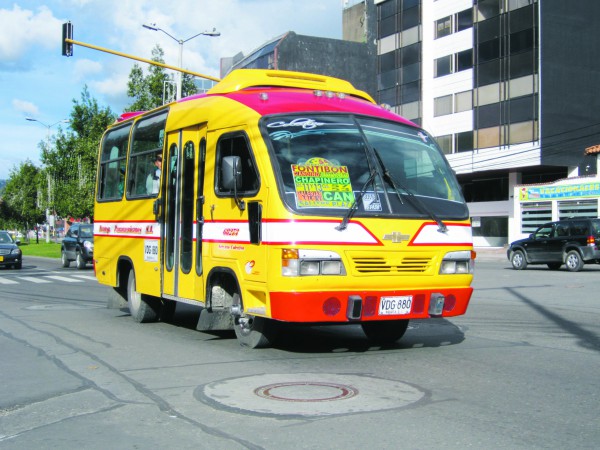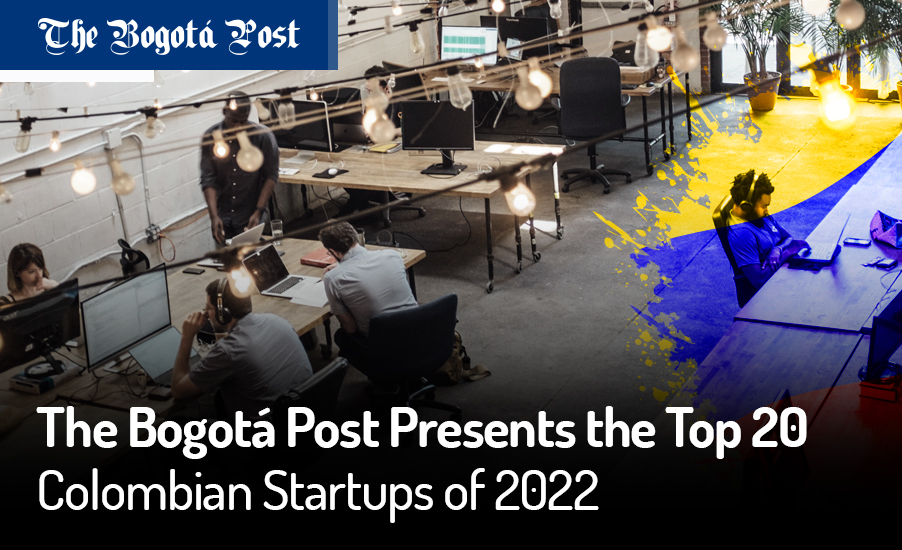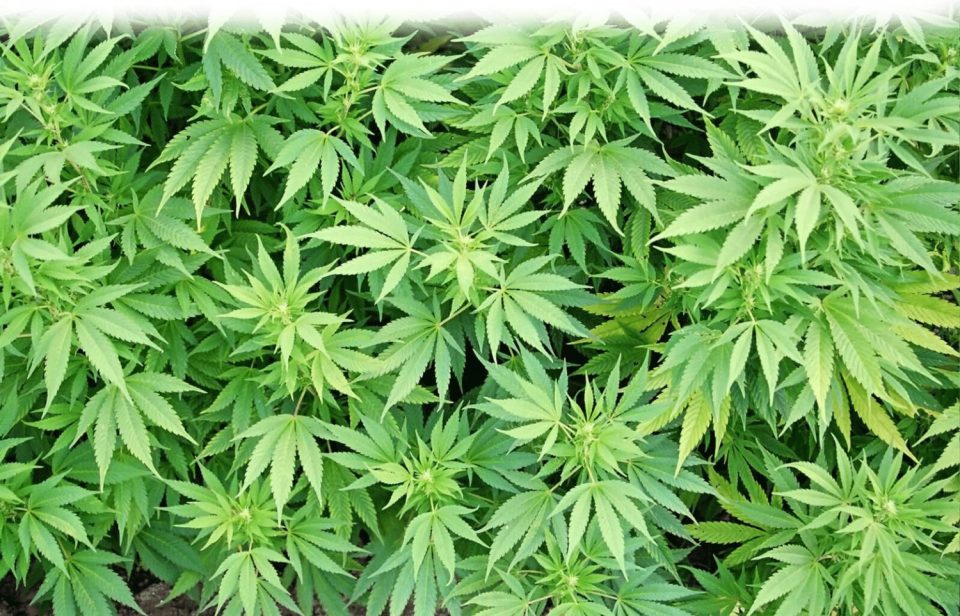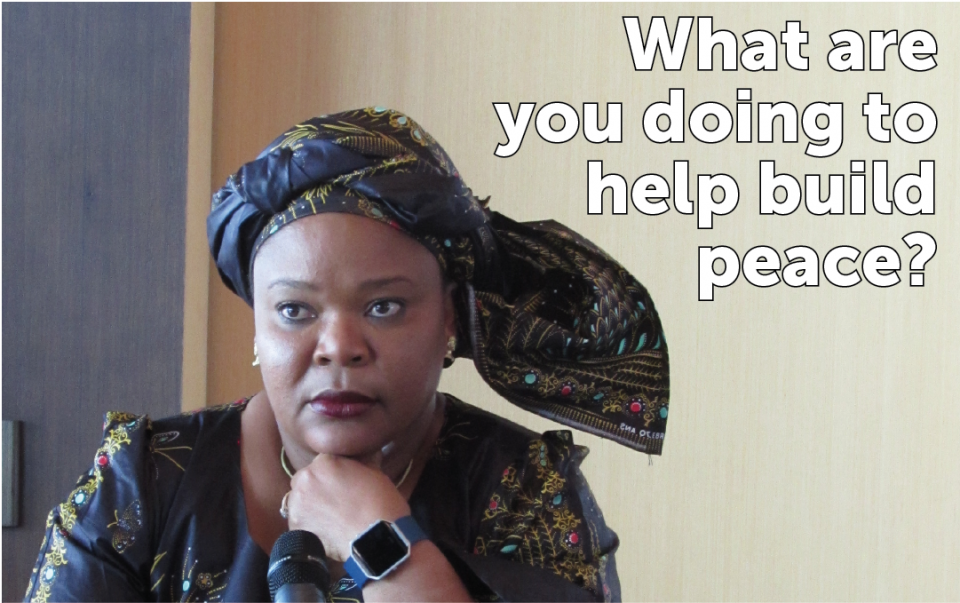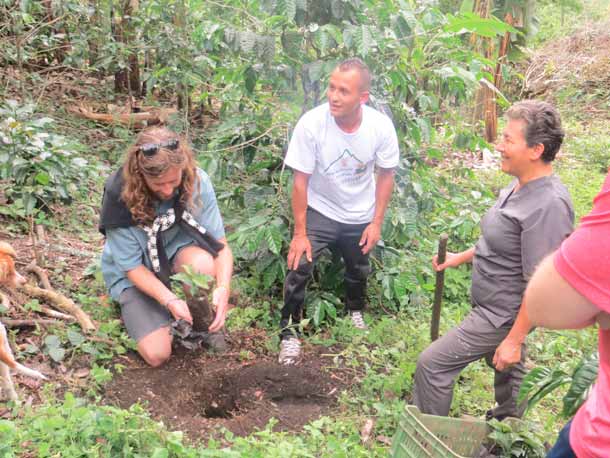
Planting a coffee plant with local farmers. Photo: Charlotte Ryan
Charlotte Ryan learns more about the challenges facing small coffee farmers and the complex business of ecotourism.
I must admit to being sceptical of ecotourism initiatives; a lack of regulation and certification combined with a recent surge in popularity means that the ecotourism often becomes no more than a mindless marketing prefix.
Colombia was declared ‘best ecotourism destination’ at last year’s World Tourism Festival in Shanghai. But such awards are questionable in light of initiatives such as the ‘Los Ciruelos’ project in Parque Tayrona, which was suspended after a court ruled the Thai eco-tour group running the project had failed to take into account the wishes of local indigenous groups.
News stories aside, what makes me uneasy is a sense of ‘us foreigners’ coming in to developing communities and acting as if we have all the answers. So when I went on my first such tour, it was with a healthy dose of cynicism.
I took a trip to Tibacuy, near Bogotá, with Andes Eco Tours – and despite my doubts, it was far and away the most enjoyable coffee tour experience I’ve had.
After a sleepy start in a still waking-up Candelaria, we hit the road, and stopped en route in Silvania, a former coffee town before finally arriving in Tibacuy an hour and a half later.
The tour is not just about coffee – we began with a visit to some indigenous rock art. This was a slightly surreal experience, which involved walking across what we’d just been told was a piece of precious cultural heritage in our socks. The good news is Andes Eco Tours is working to raise money so professionals can come in to clean and conserve the rocks, in collaboration with locals and using the very modern medium of Facebook.
After climbing down a rickety wooden ladder and leaving the intricate rock designs behind, we moved on to the first of two coffee farms we were to visit. We were shown some of the machinery used in coffee production and given the chance to try a cup of delicious, if sweet, coffee.
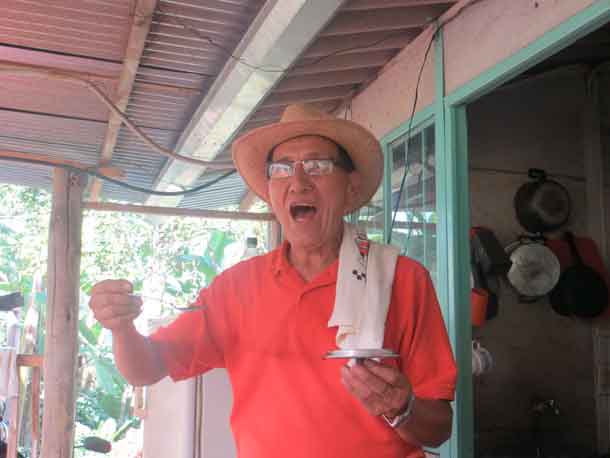
Don Miguel, getting excited about coffee. Photo: Charlotte Ryan
This first farm also provided insight into some of the problems facing the coffee industry in Colombia. Firstly, the owner of the farm was at least sixty-five and running the farm by herself. Our guide, Andres, explained that young people don’t see coffee as a profitable business so are not interested in carrying on the family tradition, instead preferring to move to the city to find work.
And they might have a point. The owner of the farm explained to us how she’d been forced to take out a $20,000 USD loan in order to meet the requirements to distribute her coffee as part of the Juan Valdez collective. Although its great that small farmers are able to sell their coffee outside of the local area, I couldn’t help feeling this woman had had to pay a high price for that privilege.
The second farm we visited was more heartening. After a delicious vegetarian lunch put on by the locals, we trekked to Don Miguel’s farm, where we were greeted by one of the happiest people I think I have ever met. Don Miguel has been a coffee farmer since retiring from a job in Bogotá, and his love for his work showed in everything he did.
We got to see all stages of the coffee process, from the plants to picking the beans, drying them and grinding a cup of coffee. The whole time, Don Miguel’s friendly presence made this a welcome change from other coffee tours I’ve been on, where you get the sense you’re distracting the owners from their actual focus and making a nuisance of yourself.
Here, once again we saw the work of Andes EcoTours in action – Andres picks up bags of locals’ coffee every time he does a tour, and sells it in Bogotá to give them extra income. The tour group also helped design the packaging for the coffee and empower the local people to increase production.
Finally, we put the caffeine high to good use with a steep hike and a visit to an abandoned coffee store, where we met the members of APRENAT, the Tibacuy Association of Protectors of Natural Resources. These ten coffee growers told us about the difference the Andes EcoTours programme had made to their lives and to their conception of the value of their coffee. Hearing this, it was hard not to feel some of my scepticism about ecotourism fade away.

Chantelle duPlessis, owner of Andes Eco Tours
A month after the tour, I met with the other half of the business, Chantelle DuPlessis, in their La Candelaria office. The enthusiasm I felt in Tipacuy was still fresh in my mind, but Chantelle had a different story to tell.
She spoke of the challenges of trying to set up a truly ecological company, of knowing where and how to direct the money, of local people who understandably prefer an instant cash reward over longer-term social projects, and of tourists who are reluctant to dip their hands into their pockets for a more authentic experience.
As we discussed the various problems the company has faced, I couldn’t help thinking that some of it came from the common pitfall of looking at Colombia – and Colombians – as a problem to be fixed.
Chantelle spoke of her frustration at small communities’ lack of interest in English lessons. I wasn’t sure why the coffee farmers would need to learn English when they seemed to have many more pressing challenges in their day to day lives. This exchange perfectly encapsulates the difficulty of any development project. Results can be slow and sometimes the focus is wrong.
But, small reservations aside, Andes EcoTours seem to be the real deal: they only take small groups of tourists, our guide Andres kept up a constant narrative on the local environment and its importance, and the locals are heavily involved in the process both as guides and as tradespeople.
The tour itself was a great day out, and the company’s connection to the community definitely added depth to the coffee experience.
The coffee farm tour to Tipacuy costs 125,000 COP. Andes EcoTours: Cr 3 # 12B-89

